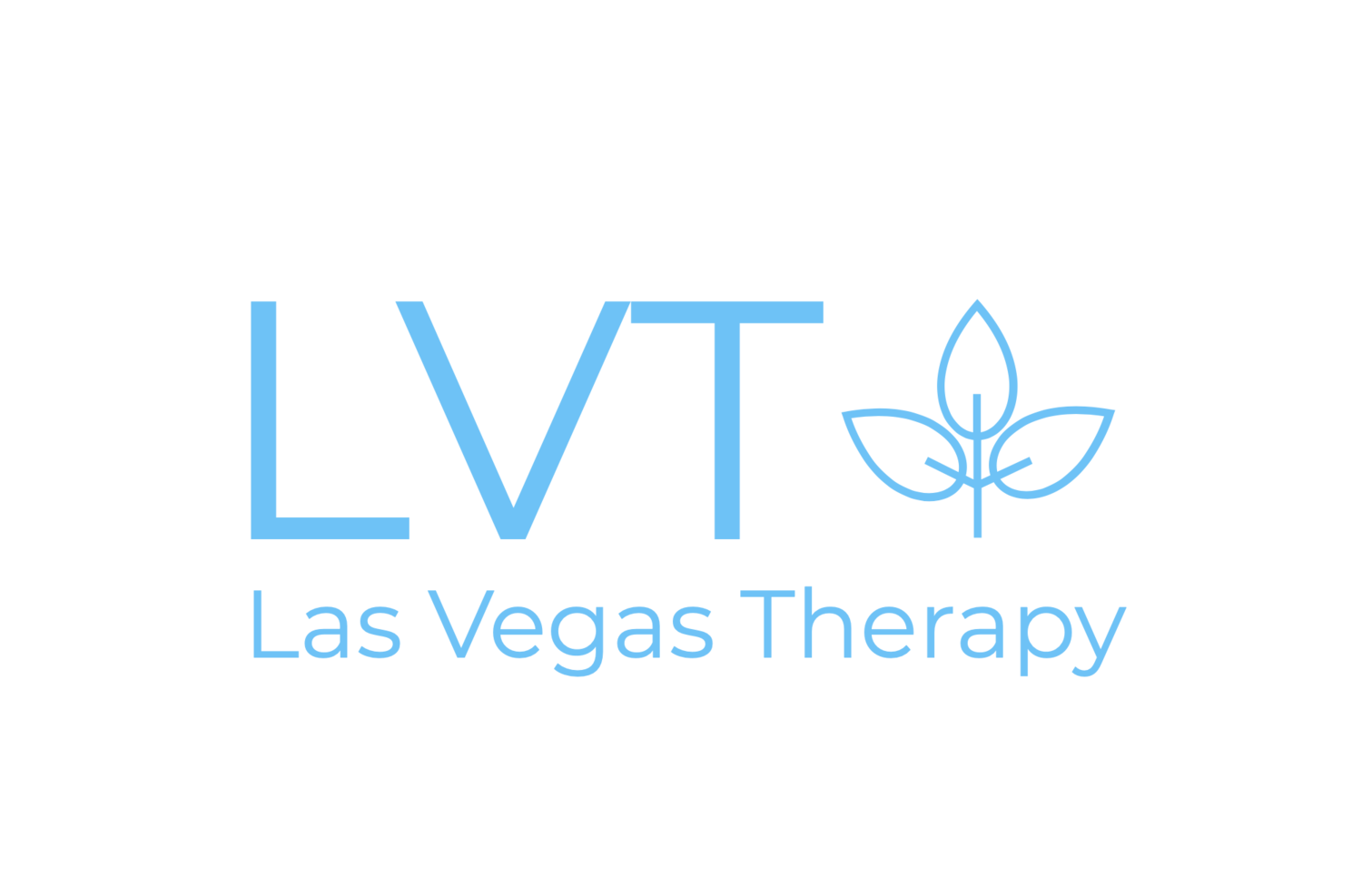In the search for effective tools to manage anxiety and depression, mindfulness and meditation have emerged as powerful practices with the potential to transform mental health. These ancient techniques, rooted in Eastern traditions, have gained widespread recognition in the Western world for their ability to foster a sense of peace, clarity, and emotional resilience. This blog post delves into the benefits of mindfulness and meditation in the context of anxiety and depression, offering insights into how these practices can be integrated into daily life to support mental well-being. At Las Vegas Therapy (www.lvtmentalhealth.com), we advocate for holistic approaches to mental health, recognizing the profound impact that mindfulness and meditation can have on our clients' journeys towards healing and balance.
Understanding Mindfulness and Meditation
Mindfulness is the practice of being fully present and engaged in the moment, aware of our thoughts and feelings without judgment. Meditation, often used as a tool to cultivate mindfulness, involves specific techniques to focus the mind, such as breath awareness or guided imagery, creating a state of relaxation and awareness.
The Benefits for Anxiety and Depression
Reduced Rumination: Both anxiety and depression are characterized by persistent negative thoughts. Mindfulness helps break the cycle of rumination by training the mind to observe thoughts without getting entangled in them.
Emotional Regulation: Regular meditation practice has been shown to enhance emotional regulation, making it easier to manage the mood swings often associated with depression and anxiety.
Stress Reduction: Mindfulness and meditation activate the body's relaxation response, counteracting the stress response that is often heightened in anxiety and depression.
Improved Focus and Concentration: These practices can enhance cognitive functions, helping to clear the mental fog that frequently accompanies depression and anxiety.
Incorporating Mindfulness and Meditation into Daily Life
Start Small: Begin with just a few minutes of meditation daily, gradually increasing the duration as you become more comfortable with the practice.
Use Guided Meditations: Numerous apps and online resources offer guided meditations tailored to beginners or those specifically dealing with anxiety and depression.
Mindful Daily Activities: Practice mindfulness in everyday activities, such as eating, walking, or even during chores, by fully focusing on the task and sensations involved.
Join a Group: Participating in a mindfulness or meditation group can provide support, motivation, and guidance from experienced practitioners.
Addressing Common Challenges
Frustration with 'Not Doing it Right': It's common to feel like you're not meditating 'correctly,' especially when thoughts continue to intrude. Remember, the goal is not to empty the mind but to notice thoughts and gently bring your focus back.
Dealing with Emotional Discomfort: Sometimes, mindfulness can bring up uncomfortable emotions. It's important to approach these feelings with compassion and, if needed, seek support from a mental health professional.
Mindfulness and meditation offer a pathway to greater mental clarity, emotional stability, and resilience in the face of anxiety and depression. By integrating these practices into your daily routine, you can cultivate a more mindful approach to life's challenges, enhancing your overall well-being. At Las Vegas Therapy, we support the exploration of mindfulness and meditation as part of a comprehensive approach to mental health. Visit www.lvtmentalhealth.com to discover how we can guide you in incorporating these transformative practices into your journey towards healing. Remember, the journey to mental wellness is a personal one, and mindfulness and meditation can be valuable companions along the way.

